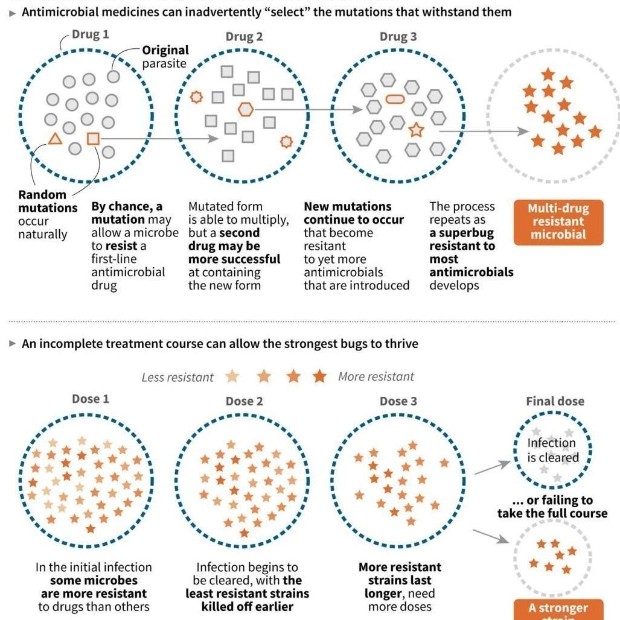Cheltenham racecourse has unveiled a comprehensive set of measures aimed at revitalizing its flagship Festival meeting in March, following significant declines in attendance over the past two years. The initiatives include adjustments to the racing schedule, enhancements to parking facilities, and efforts to tackle the escalating costs of local accommodation.
Among the most notable changes, three races—the Grade One Turners Novice Chase, the Cross-Country Chase, and the National Hunt Chase—will transition to a handicap format. Additionally, the latter race, traditionally limited to amateur riders, will now be open to professional jockeys. These modifications are part of a broader strategy to enhance the race-day experience for attendees.
Improvements to the race-day experience include an expansion of hard-standing areas in the grassed car parks, the introduction of new Park & Ride services from various locations around the course, and the extension of areas where spectators can enjoy a drink while watching the races. Ticket prices will remain frozen at 2024 levels, with the group discount threshold reduced from 15 to six tickets. Racegoers purchasing a ticket for any day will also receive a 20% discount on an additional badge for one of the first three days of the meeting.
In response to the rising costs of accommodation, Cheltenham is introducing a 'one-stop shop' that allows racegoers to purchase tickets, hotel rooms, and travel to the course as a bundled package. "Throughout this review process, three key factors have been impossible to ignore," said Ian Renton, the managing director of Cheltenham. "Value for money, the need to provide the best experience possible, and the competitiveness of the race programme."
Attendance at the 2022 Festival reached a record 280,627, but has since declined to 240,603 in 2023 and 229,999 in 2024, representing an 18% drop over two years. To address this, Cheltenham has capped daily attendance at the Festival at 68,500, equivalent to a maximum of 274,000 over the four days, starting from 2023. The cost of living crisis may also have contributed to the decline in numbers, prompting the track to take urgent action.
While there is less certainty about how long it will take to reverse the trend, track executives anticipate a potential further drop in attendance in 2025, with expectations of an upturn not before 2026. One of the challenges Cheltenham faces is the evolving profile of Festival racegoers. The meeting, once a three-day event for jump racing enthusiasts, has transformed into a high-end, must-see annual event for a broader audience.
Several of the announced changes are logical, such as the expansion of hard-standing areas and the introduction of Park & Ride services. However, the decision to increase the number of handicaps and allow drinking on the grandstand steps may not resonate well with fans focused on top-class racing. Cheltenham is navigating a delicate balancing act, and the outcome remains uncertain.






